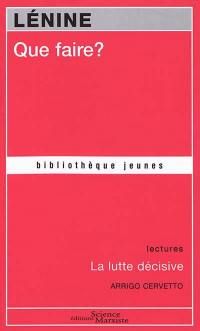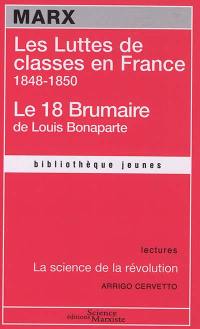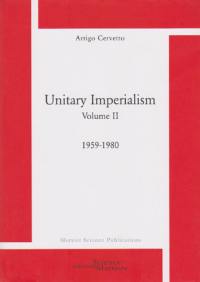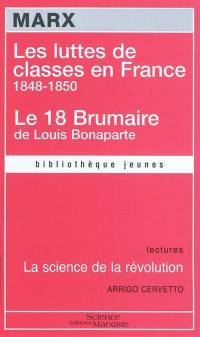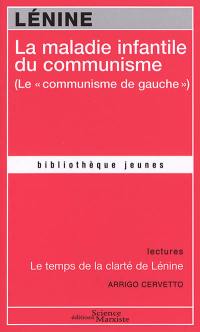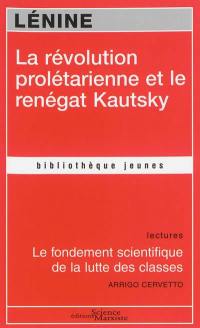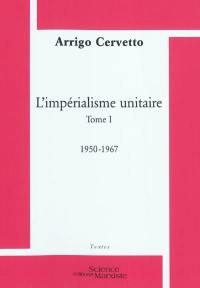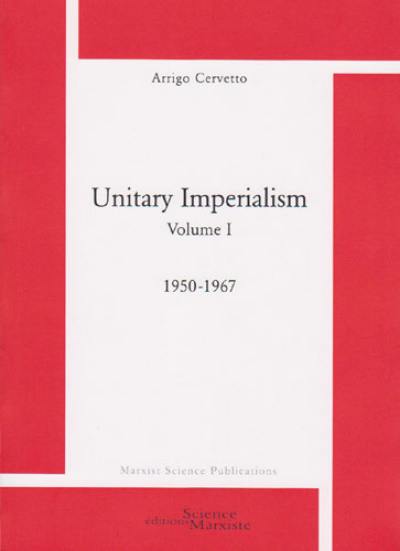
Fiche technique
Format : Broché
Nb de pages : XVIII-725 pages
Poids : 763 g
Dimensions : 15cm X 21cm
ISBN : 978-2-912639-67-7
EAN : 9782912639677
1950-1967
Quatrième de couverture
This book is a collection of the analyses of international relations made by Arrigo Cervetto during the first thirty years of his activity as a militant revolutionary. This great analytical work is the outcome of the political battle that Cervetto fought during those years to restore Leninism toltaly, and cannot be separated from his particular interpretation of Lenin's political legacy.
For Cervetto, and for the small group of revolutionaries that gather round him after the Second World War, this returnto Lenin is the indispensable prerequisite for the formulationof a revolutionary strategy. In other words, via Leninism, these militants aspire to raise the communist movement out of the abyss the Fascist, Stalinist and Social- Democratic counterrevolution had cast it into.
The title of this book picks up a concept, that of « unitary imperialism » in fact, which had been worked out starting from the internationalist debate of the early '50s. From a political point of view, asserting the existence of « unitary imperialism » at that moment in history meant saying above all that one attributed to the USSR, as well as to all the socalled « socialist camp », the same social nature as its opposing Western « capitalist camp ».
Internationalism thus found a solid theoretical base, but the concept of « unitary imperialism » goes much further than its occasional use in the political struggle against Stalinism. In his effort to link up with the essence of the Leninist conception of the revolutionary party, Arrigo Cervetto finds the central core of the continuity between Marx and Lenin in the concept of socio-economic formation. Cervetto demonstrates that this scientific acquisition of Marx's is the starting point of Lenin's elaboration and goes so far as to maintain, and to prove, that the Leninist Party is the solution to the problems posed by « Capital », that « the party [is] the apotheosis of Marxist sciences ». The great mass of the material collected in these volumes testifies to Arrigo Cervetto's commitment to his effort to put his conception of the party and the revolutionary struggle into practice.
This first volume will be followed by a second with Cervetto's analyses of the period 1959-1980.





